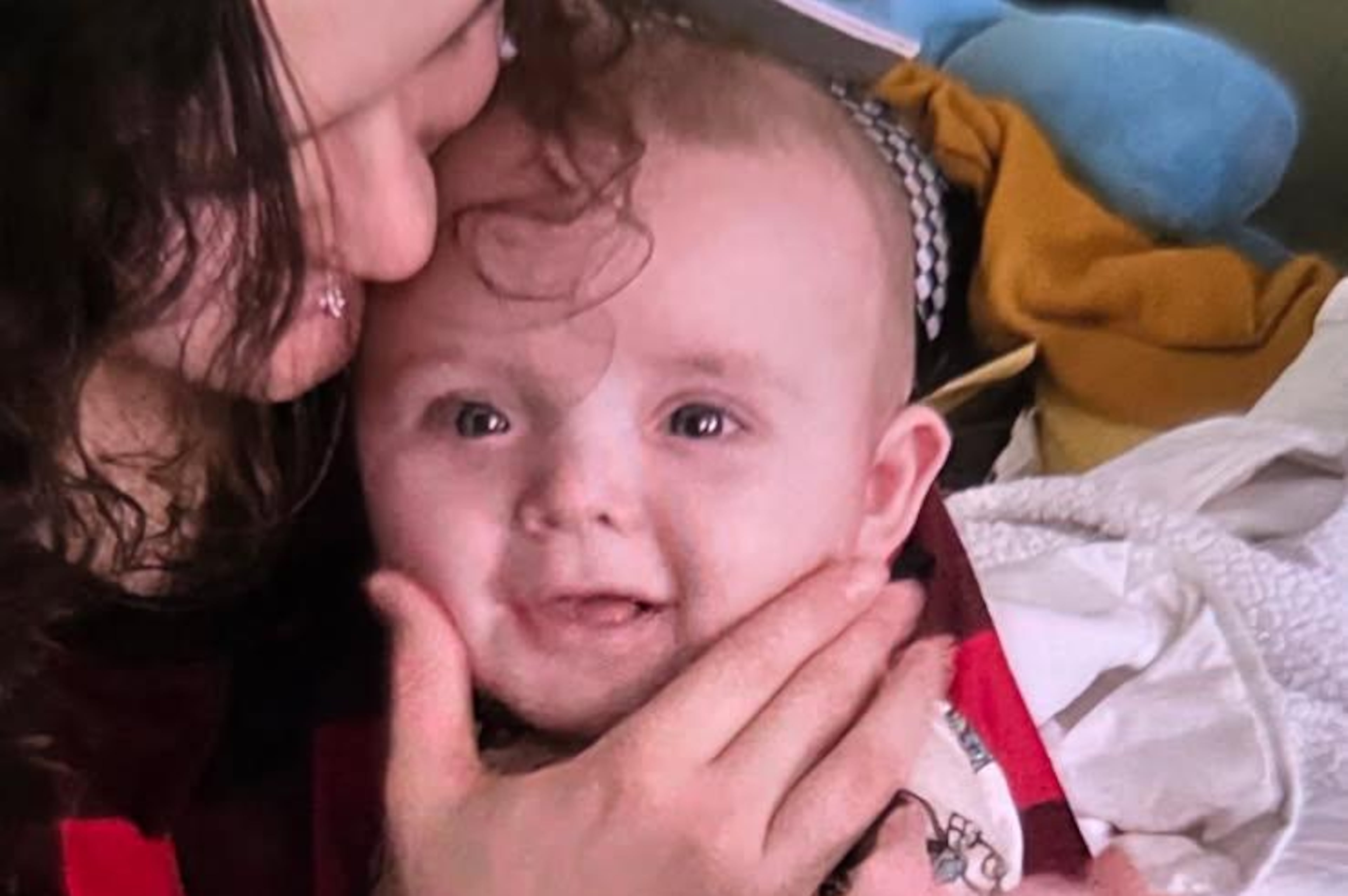Proposed Gwinnett budget would expand mental health, police partnership

In her 14 years in law enforcement, one of Cpl. Tracey Reed’s favorite moments came this fall.
She didn’t lead a daring drug raid or arrest a serial killer that day.
She did yard work.
“It wasn’t anything crazy or amazing in the grand scheme of things, but to this family, it was a big deal,” Reed said.
Reed and Pej Mahdavi, director of intensive outpatient services for View Point Health, in July became the first two members of the department’s Behavioral Health Unit. Working together, they help people who come into contact with police find services and treatment for mental health problems.
One case this year involved a Gwinnett family grappling with illness and other crises that struck all at once. Their yard had been a source of pride, but fell into disrepair as they struggled.
Two days after police responded to a call concerning the family, Reed and Mahdavi worked with Boy Scout Troop 56 of Lawrenceville to clean up the yard.
Now Gwinnett Commission Chairwoman Nicole Love Hendrickson wants to expand the program.
Her proposed budget, scheduled for a vote Jan. 4, includes almost $500,000 to create teams of officers and licensed mental health professionals at each of Gwinnett’s six police precincts.
Reed and Mahdavi take referrals from police officers all over the county who come across people in need of mental health support. The duo connects people to View Point’s outpatient services or helps them find other treatment. They have diverted people from jail to medical facilities, homeless shelters, community groups and counselors.
Since July, they have helped about 250 people, Reed said.
If necessary, the Behavioral Health Unit takes people to hospitals, but tries to get them out of a revolving door of 72-hour involuntary commitments. When people don’t get treatment after leaving the hospital, they might end up in the mental health ward or jail.
Reed said the team works to get jail inmates the mental health services they need, but the goal is to prevent them from winding up there.
“They are people who have the potential to get lost in the system,” she said. “It’s helping people navigate a system that can be very confusing, especially when people are in crisis.”

With more behavioral health teams, Reed said, they can respond to more calls in progress and do more to educate the public about requesting help for family members. Bottom line: more people will be helped, she said.
Officers who operate out of precincts are also more familiar with the people in the area and can more easily build rapport, she said.
People are typically referred to the behavioral health team after being subjects of 911 calls. Sometimes they have committed crimes such as public nuisance or disorderly conduct, or they threaten themselves or others.
Sometimes police respond and determine the person is experiencing a mental health crisis. Other times, family members already know and call 911 for that reason.
Detectives in the course of an investigation, code enforcement and animal control officers have also referred people to the behavioral health team, Reed said.
The behavioral health unit also trains new police recruits in how to respond effectively to people with mental health and intellectual disability disorders. They will begin in February to offer a suicide intervention training from View Point Health.
The unit is also looking at department policies and recommendations to make sure certain calls are being addressed correctly, Mahdavi said. The officers and clinicians end up learning from each other, he said.
“You’re bringing two different perspectives together,” he said. “That’s training you don’t get in the classroom.”
Hendrickson’s proposed budget includes 30 new overall police officer positions at a cost of $2.3 million. The faster those positions are filled, the faster the Behavioral Health Unit can expand, Reed said.
“It’s a big need,” she said.



